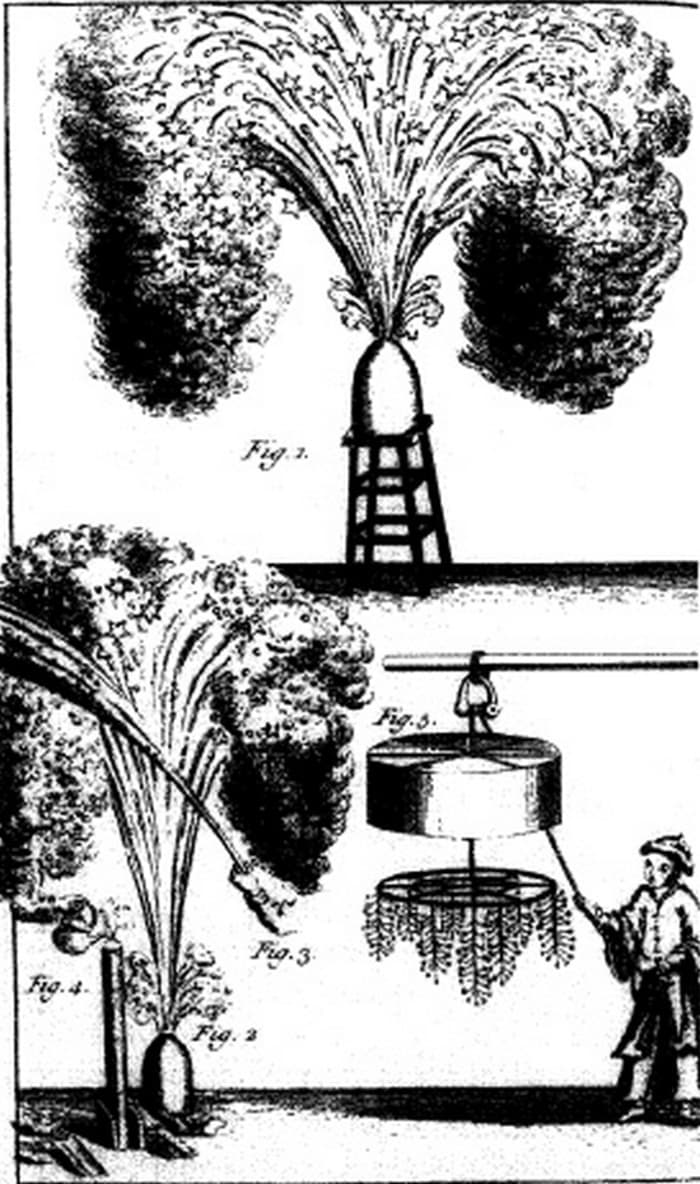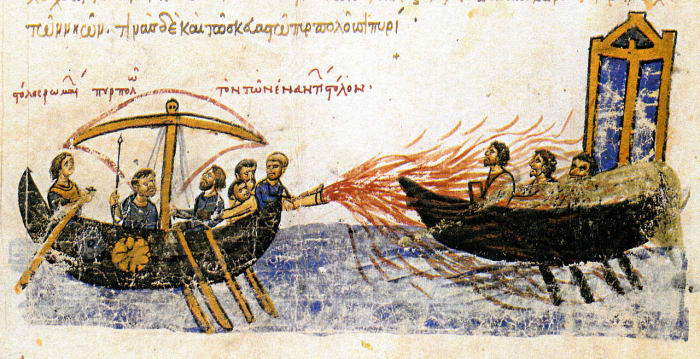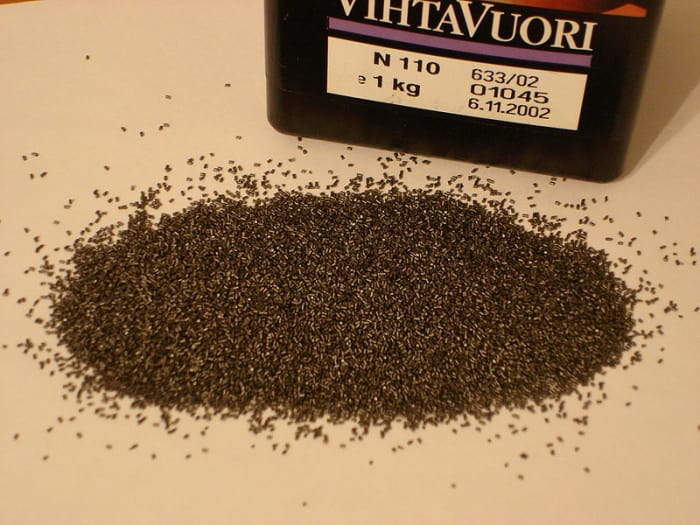When gunpowder was invented
Invention of the most popular explosive
Initially, smoky or black powder was the name given to a substance consisting of a mixture of coal, sulfur and potassium nitrate in the proportions of 3:2:15. This hard, multi-component explosive substance burns without the presence of oxygen. As a result of this reaction, gaseous products are formed, which are powerful enough to fire shells and projectiles.
The origin of gunpowder
It is believed that gunpowder was invented in China in the 7th century. It’s impossible to give a precise date, as there are no official records to confirm this theory. Some scientists believe that gunpowder was used by the ancient Indians as early as 1,500 years BCE, but there is no evidence to support this. A reliable theory states that the Chinese invented gunpowder. Initially, nitrate was used in medicine – ancient oriental doctors mixed this substance with honey and burn it to make “healing smoke”. Who was first to combine the three components to make gunpowder? Perhaps it was the Daosi – members of a religious movement who tried to make a “pills of immortality”.
The part played by alchemy
According to another theory, the Chinese alchemist Sun Simiao invented gunpowder. He once manufactured a mixture of nitrate and sulfur, then added woodchips from a locust tree. When the resulting mixture was burnt on a stove, a powerful flash resembling an explosion took place. This reaction fascinated the alchemist, and he began to study it. The first specimen of gunpowder made by the Chinese scientist did not have the necessary explosive force. Followers of the alchemist constantly improved the recipe by experiments, until they discovered its three components – sulfur, coal and potassium nitrate.
The application of gunpowder
As soon as the enterprising Chinese realized that the black powder they had made gave off smoke, exploded and burnt everything around it, they thought about ways to use it. In this way, they invented the favorite toy of the Chinese people – fireworks. Later they began to use gunpowder in weaponry, making explosive shells from it.

To make fireworks, people took bamboo sticks and filled them with powder (click here to find out how to make a safe firework at home). Then they pointed the sticks at the sky and set fire to them. The first bombs made using “black powder” were called “pi li huo qu”, which is Chinese for “fiery ball making the noise of thunder”. These primitive shells were placed in a catapult, then set alight and fired at the enemy.
Equivalents of gunpowder
In the Byzantine Empire, “Greek fire” was used, an equivalent of gunpowder. It was made with oil instead of coal. The precise composition of this substance is unknown, but scientists believe that there was no nitrate in it. This means that the “Greek fire” could not burn without oxygen. But despite this, with this substance the Byzantines were able to destroy Arab ships that besieged Constantinople.

Undiscovered properties
The Chinese, having invented gunpowder, did not suspect that the power of gas could be used to fire a shell, increasing its speed and range by many times. Europeans came up with this idea in the 14th century. The Franciscan monk Berthold Schwarz was grinding a mixture of powder in a mortar when a spark came into contact with the powder, causing an explosion. The medieval alchemist then began to study the properties of the black powder in detail, and even wrote a treatise on it.
The properties of gunpowder were later described by another monk and inventor by the name of Roger Bacon. The scientist made a precise recipe of the substance, and for a long time kept it secret, not allowing it to leave the monkhood. The clergy believed that as soon as the method of making gunpowder became known to uneducated people, they would use the recipe to make weapons.
Unlocked potential
Despite these precautionary measures, weapon makers finally discovered the secret of gunpowder. They constantly improved the recipe, but made a breakthrough in the late 19th-early 20th century, when smokeless gunpowder was invented.

Soon scientists invented solid rocket fuel – a type of powder without which rocketry would have been impossible.